Search Articles
Browse Content (p. 131)
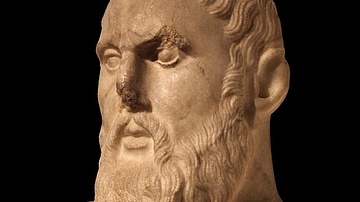
Article
The Life and Thought of Zeno of Citium in Diogenes Laertius
Zeno of Citium (c. 336 – 265 BCE) was the founder of the Stoic School of philosophy in Athens, which taught that the Logos (Universal Reason) was the greatest good in life and living in accordance with reason was the meaning of life. He was...
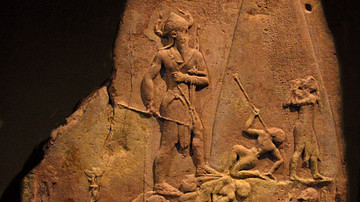
Article
The Curse of Agade: Naram-Sin's Battle with the Gods
The Curse of Agade is a story dated to the Ur III Period of Mesopotamia (2047-1750 BCE) though thought to be somewhat older in origin. It tells the story of the Akkadian king Naram-Sin (r. 2261-2224 BCE) and his confrontation with the gods...

Article
The Life of Crates of Thebes in Diogenes Laertius
Crates of Thebes (l. c. 360-280 BCE) was one of the most important Cynic philosophers of ancient Greece. He was born to a wealthy family in Thebes but gave away his inheritance after realizing the futility of material possessions and the...

Article
The Life of Diogenes of Sinope in Diogenes Laertius
Diogenes of Sinope (c. 404-323 BCE) was a Greek Cynic philosopher best known for holding a lantern to the faces of the citizens of Athens claiming he was searching for an honest man. He was most likely a student of the philosopher Antisthenes...

Article
Ancient Iranian Salt Mine Mummies
As a young girl interested in archaeology and history, mummies always intrigued me. From the intricate Egyptian mummies to the naturally and beautifully preserved mummies of the Incas, they seemed to me to be beautiful pieces of art containing...

Article
Ethnicity & Identity Within the Four-Room House
The process of determining ethnicity is a problematic venture, even more so when interpreted through the archaeological record. Despite this issue, evidence, such as the four-room house, has been preserved that can be interpreted to represent...
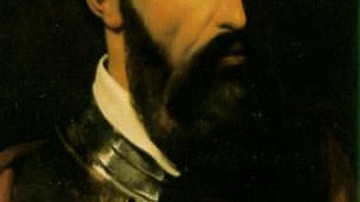
Article
Pizarro and Atahualpa: The Curse of the Lost Inca Gold
In November 1532 CE, Francisco Pizarro led a group of about 160 conquistadors into the Inca city of Cajamarca. The illiterate and illegitimate son of an Extremaduran nobleman and an impoverished woman, Pizarro had spent his entire life on...
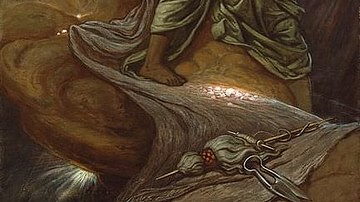
Article
Hercules and Alcestis: Personal Excellence & Social Duty
For the ancient Greeks, the quality of arete (personal excellence) and the concept of eusebia (social duty) were most important. Aristotle discusses both of these at length in his Nichomachean Ethics and relates arete to eudaimonia - translated...
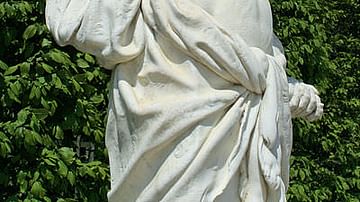
Article
The Shield of Heracles: The Complete Poem
The Shield of Heracles (also known as The Shield of Herakles and, in the original, Aspis Herakleous) is a poem of 480 hexameter lines written by an unknown Greek poet in the style of Hesiod (lived 8th century BCE). It deals with the Greek...

Article
The Life of Hercules in Myth & Legend
Hercules is the Roman name for the Greek hero Herakles, the most popular figure from ancient Greek mythology. Hercules was the son of Zeus, king of the gods, and the mortal woman Alcmene. Zeus, who was always chasing one woman or another...